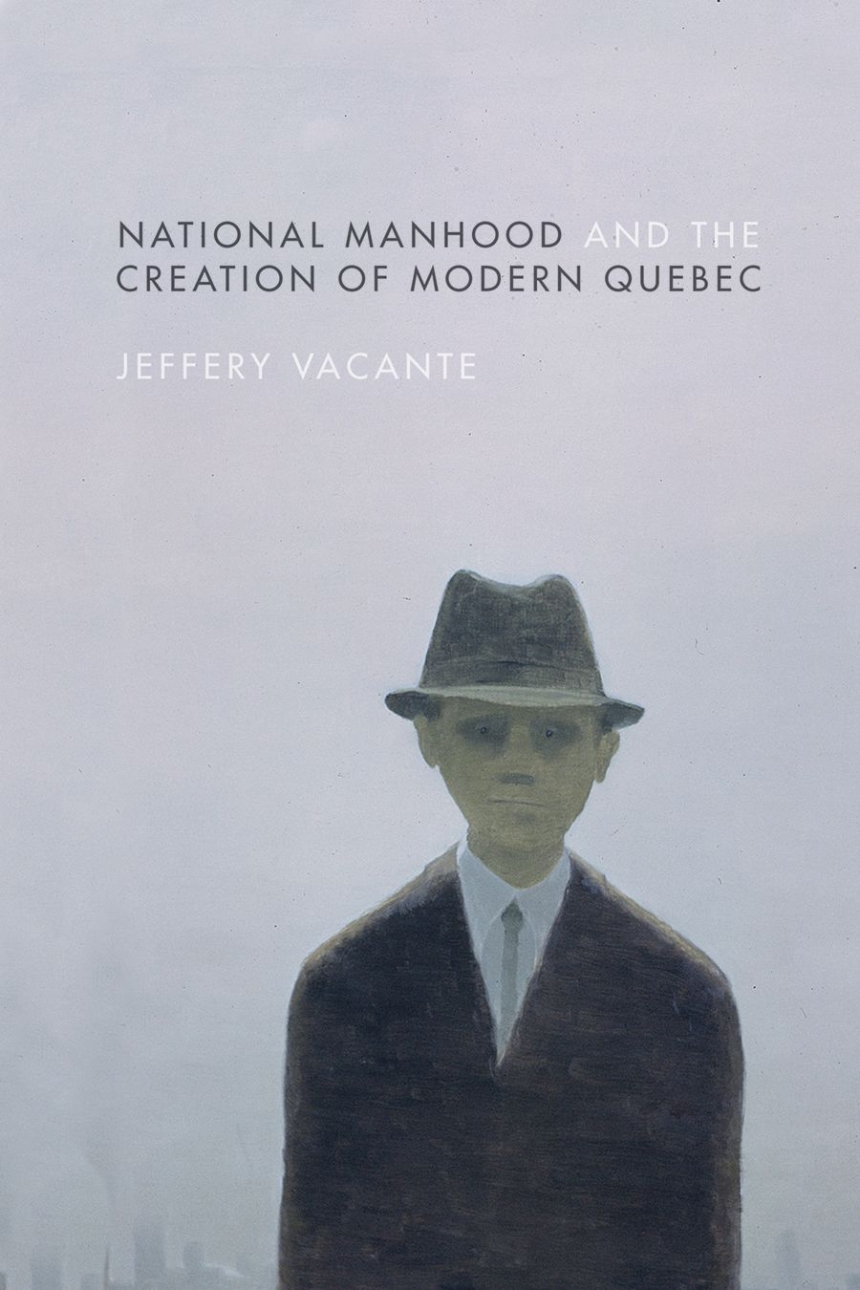University of British Columbia Press
National Manhood and the Creation of Modern Quebec
9780774834643
9780774834636
Distributed for University of British Columbia Press
National Manhood and the Creation of Modern Quebec
This perceptive intellectual history explores the role of manhood in French Canadian culture and nationalism. In the late nineteenth century, Quebec was still an agrarian society, and masculinity was rooted in the land and the family and informed by Catholic principles of piety and self-restraint. As the industrial era took hold, a new model of manhood was forged, built on the values of secularism and individualism. Vacante’s analysis reveals how French Canadian intellectuals defined masculinity in response to imperialist English Canadian ideals. This “national manhood” enabled French Canadian men to participate in a modern, industrial economy while asserting their cultural authority.

